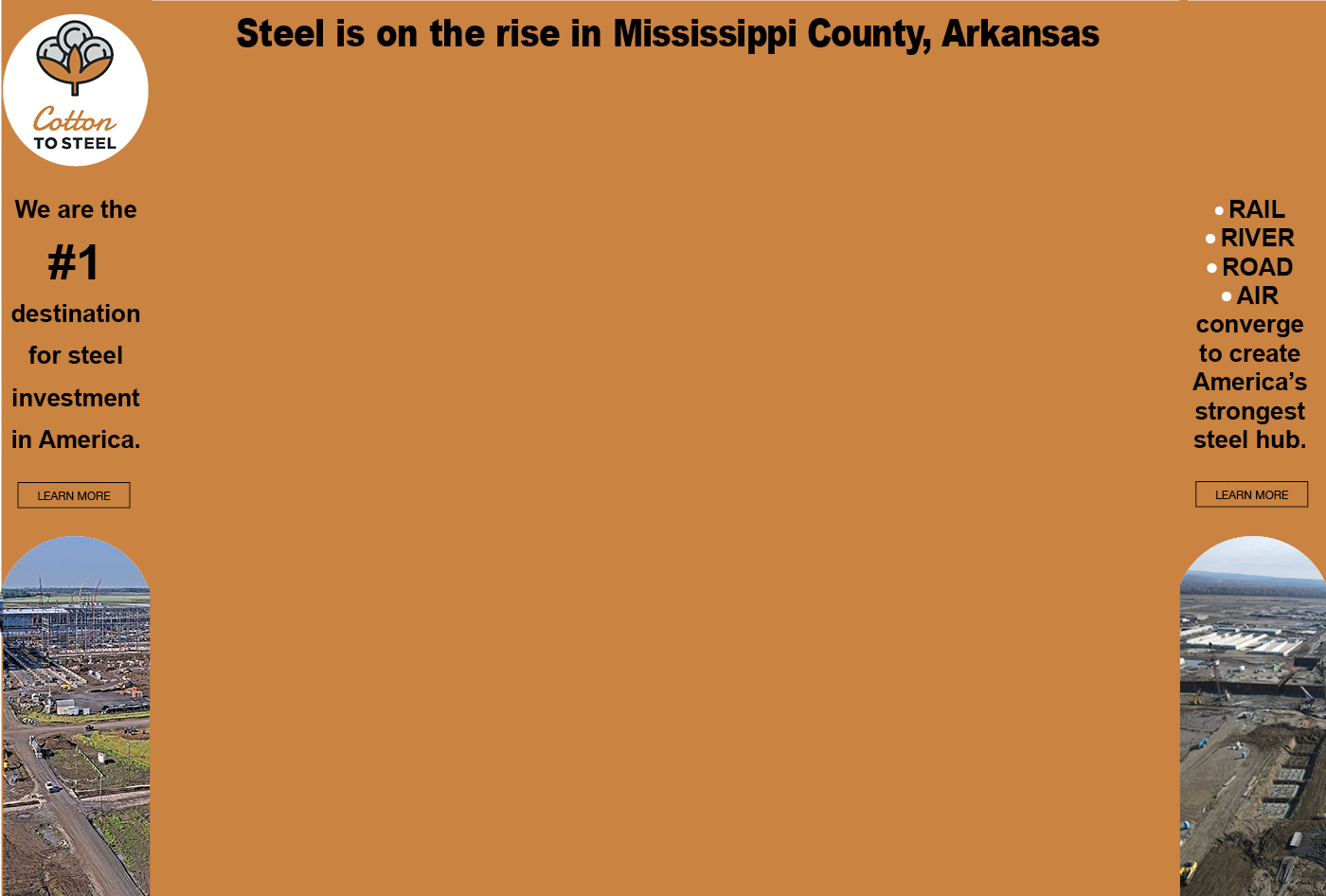The economy is slow as a snail, but it just might win a marathon
By Michael Randle, EDITOR

Politically speaking, we are in some kooky times. There is a new meaning to the word “unpredictable” in today’s national political stage. We have an ex-FBI Director, Robert Mueller, acting as special counsel to investigate the Russians, the president and his campaign staff. He is also investigating whether President Trump attempted to obstruct justice.
Mueller has hired a high-powered team of lawyers, some of which have worked on cases ranging from Watergate to the Enron scandal. Kenneth Starr, who investigated President Bill Clinton in the 1990s, told ABC News in the spring quarter, “That is a great, great team of complete professionals, so let’s let him do his job.”
Ultimately, and I am sure it’s going to take quite some time, it will be up to Mueller and his team to decide if there is enough evidence to recommend charging anyone that he is investigating. Wait, a sitting president in his first year in office, his staff, as well as the Russians are being investigated by a former FBI director? That can’t be a good thing, right? Certainly it can’t be a good thing for the nation’s economy.
But this is no ordinary economy. Although unpredictable, the moon and the stars have been aligned for eight years now. There is little evidence that this recovery will end anytime soon, unless labor constraints slow it down to zero growth, but that won’t be a real concern for months. Not years, but months. We have enough labor for this year. After that, if the economy keeps growing as it has, the labor shed will be bare.
At 96 months, the U.S. economic expansion that began in the summer of 2009 is currently the third longest in history. Only 1961 to 1969 (106 months) and 1991 to 2001 (120 months) were longer. And at 80 consecutive months, this is by far the longest sustained period of job growth in U.S. history, or since the government started keeping track in 1939.
Can the current economy beat the longest ever U.S. expansion (120 months) that was set in the go-go 1990s? That is going to be up to the consumer, because a tight labor market will undoubtedly slow job generation. In fact, it already has.
Even though the economy since 2009 has seen on average only about 2 percent growth annually, if not less, it has been stunningly resilient. There have been no spurts of growth, instead methodical, gradual, therefore secure gains. There are a few signs that the economy is extended, like a sluggish automotive industry, but that is following the longest stretch of positive vehicle sales since the 1920s. For the most part, housing, capital investment, inflation and overall consumerism are on solid ground.
The Fed and most economists agree this expansion will keep going at a moderate pace for the next two to three years. In short, the United States is as competitive as it has ever been when it comes to recruiting industry, and the last three years (see cover story) have seen unprecedented project activity. So, mark your calendars. To beat the all-time U.S. economic expansion record of 120 months, GDP will need to grow until July 2019.
What are the chances? Bloomberg conducted a survey of economists in the spring quarter. Respondents gave a 60 percent chance of the growth streak continuing through July 2019. Since labor will essentially be non-existent at that point — unless immigration is doubled — I give it a 50-50 chance that this expansion will set the record for the longest expansion ever.










